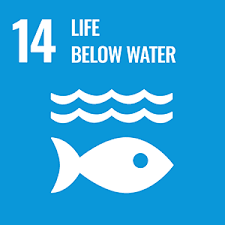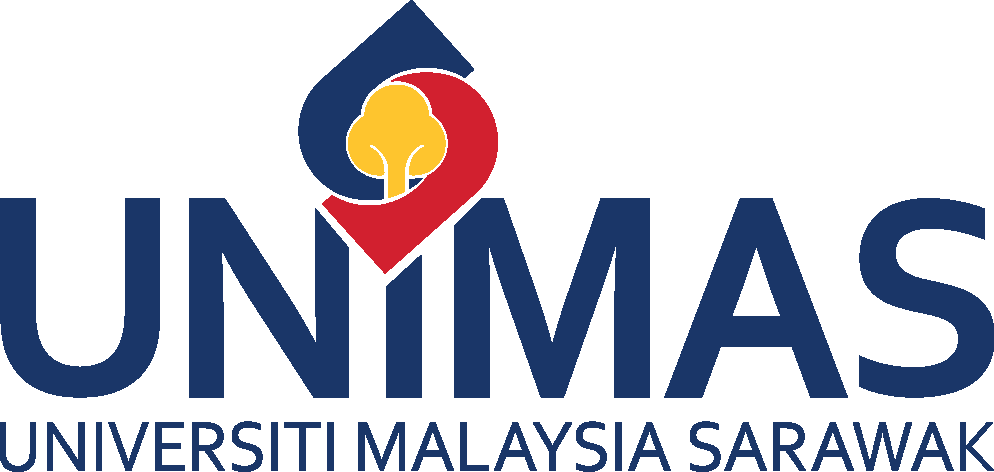
LIFE BELOW WATER
Have an action plan in place to reduce plastic waste on campus
No. | Description | Evidence | ||||||||||||
|---|---|---|---|---|---|---|---|---|---|---|---|---|---|---|
1. | UNIMAS was honored to host YB Tuan Nik Nazmi bin Nik Ahmad, Minister of Natural Resources, Environment and Climate Change, to officiate the "Pathways to Plastic Neutrality: Collaborative Actions and Innovative Solutions" forum. The event highlighted the serious threats posed by plastic pollution to the environment, biodiversity, and human health, as well as Malaysia’s challenges with low recycling rates and limited eco-friendly alternatives. The forum underscored the nation’s transformative journey outlined in the Roadmap Towards Zero Single-Use Plastics 2018-2030, while UNIMAS showcased its commitment through the Low Carbon Campus Roadmap 2030 initiative. Appreciation was extended to YB Tuan Nik Nazmi for his presence, and to Yayasan Hijau Malaysia and the Ministry of Natural Resources, Environment and Climate Change for selecting UNIMAS as the host for this important program. | |||||||||||||
2. | Om various sectors, including environmental science, waste management, and govn 12th October 2023, a roundtable discussion on plastic management was held in Shah Alam, organized by Yayasan Hasanah, to address the growing global plastic pollution crisis. The event brought together experts, policymakers, and industry leaders froernment bodies. Key stakeholders such as the Malaysian Recycling Alliance (MAREA), Reef Check Malaysia, Alam Flora, and Ministry of Natural Resources, Environment & Climate Change (NRECC) participated in the discussions. The main focus areas included recycling and circular economy, innovation in eco-friendly materials, stricter policies and regulations, public awareness, and the importance of international cooperation. Dr. Ahmad Syafiq Ahmad Nasir from UNIMAS highlighted the significance of the discussions in advancing practical solutions to plastic pollution. UNIMAS also shared progress on their local initiative in Kampung Bako, Kuching, which aims to shift community behaviors around plastic usage through the project “Empowering Community-Based Plastic Waste Management.” The roundtable concluded with a commitment to continued dialogue and collective action for a sustainable future, emphasizing the urgency of addressing plastic pollution’s impact on ecosystems, marine life, and human health. | |||||||||||||


